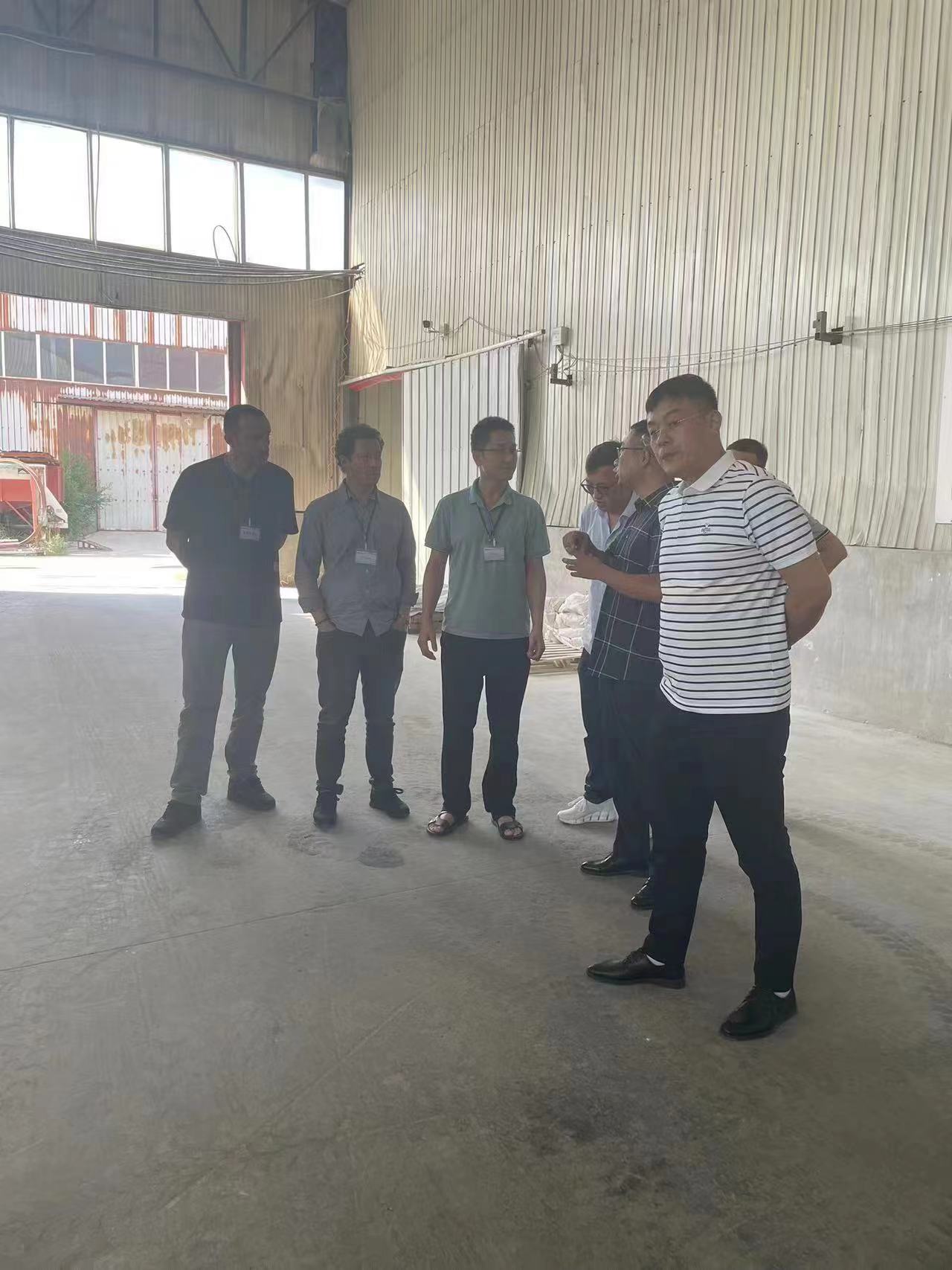
7 月 . 21, 2024 00:56 Back to list
Exploring Various Types of Titanium Dioxide and Their Leading Manufacturers in the Industry
Understanding TiO2 Types and Leading Manufacturers
Titanium dioxide (TiO2) is a versatile compound widely used in various industries, from paints and coatings to cosmetics and food. Its unique properties, including high refractive index, excellent UV resistance, and non-toxic nature, make it an essential ingredient in many applications. This article explores the different types of TiO2, their specific applications, and highlights some leading manufacturers in the industry.
Types of Titanium Dioxide
TiO2 exists in several crystalline forms, with the two most common being rutile and anatase.
1. Rutile TiO2 Rutile is the more stable and commercially preferred form of titanium dioxide. It is known for its excellent opacity and high refractive index, making it ideal for applications in paints, coatings, and plastics. Rutile TiO2 effectively scatters light and provides a bright, white color that enhances the aesthetic properties of products. Its stability under heat and UV radiation further enhances its desirability, especially in outdoor applications where durability is crucial.
2. Anatase TiO2 Anatase, while less common than rutile, is known for its photocatalytic properties, making it a focal point in environmental applications. It is often used in self-cleaning surfaces, air purification, and as a catalyst in various chemical reactions. Although anatase has a lower refractive index than rutile, its ability to enhance photocatalytic activity makes it valuable in applications where degradation of pollutants is desired.
In addition to these primary forms, TiO2 can be found in several grades, including standard, ultrafine, and specialty grades, each tailored for specific applications. For example, ultrafine TiO2 powders are used in cosmetics due to their ability to provide a lightweight and non-greasy feel while offering sun protection.
Manufacturing Process and Innovation
The production of TiO2 typically involves two primary processes the sulfate process and the chloride process
.- Sulfate Process This traditional method involves treating titanium-containing ores (like ilmenite) with sulfuric acid. The resultant product undergoes hydrolysis to produce titanium hydroxide, which is then calcined to yield TiO2. Although it is well-established, the sulfate process often generates significant waste and environmental concerns.
tio2 types manufacturer

- Chloride Process An increasingly popular method, the chloride process uses titanium tetrachloride (produced from the reaction of titanium ore with chlorine) and processes it into TiO2 in a more environmentally friendly manner. This method yields higher purity grades and results in less waste, thus gaining favor among manufacturers.
Leading Manufacturers
Several major companies dominate the titanium dioxide market, known for their state-of-the-art technology and significant production capacities. Some of the key players include
1. DuPont One of the pioneers in the TiO2 industry, DuPont produces both rutile and anatase forms of TiO2, serving a diverse range of applications from paints to cosmetics. Their commitment to sustainability and innovation positions them as a leader in the field.
2. Kronos Worldwide, Inc. This company is known for its extensive range of TiO2 products, emphasizing quality and consistency. With production facilities globally, Kronos is a major supplier to various industries, focusing on environmental responsibility.
3. Tronox As a vertically integrated company, Tronox produces high-quality titanium dioxide and is recognized for its research and development initiatives aimed at improving production efficiency and product performance.
4. Kemira A prominent player in the specialty chemicals sector, Kemira manufactures TiO2 with a focus on sustainability, providing innovative solutions that meet the evolving needs of customers.
Conclusion
As industries increasingly prioritize sustainability and efficiency, the importance of titanium dioxide, particularly its various types, cannot be overstated. With leading manufacturers continuously innovating and adapting to market demands, TiO2 remains a cornerstone in countless applications, making it a vital compound in the modern industrial landscape.
-
Lithopone for Plastic & TiO2 R-5568/SK-6658 Masterbatch Solutions
NewsMay.30,2025
-
China Leading Rutile TiO2 Manufacturer - R5566 & R996 Grades Available
NewsMay.30,2025
-
High-Purity Anatase & Rutile TiO2 Powder Trusted Manufacturer
NewsMay.30,2025
-
High-Purity Anatase Products Trusted Supplier & Manufacturer
NewsMay.29,2025
-
Best Price Eco-Friendly Rutile TiO2 Supplier & Wholesale Factory
NewsMay.29,2025
-
Chinese Anatase Titanium Dioxide for Ceramic Glaze Reliable Supplier
NewsMay.29,2025
